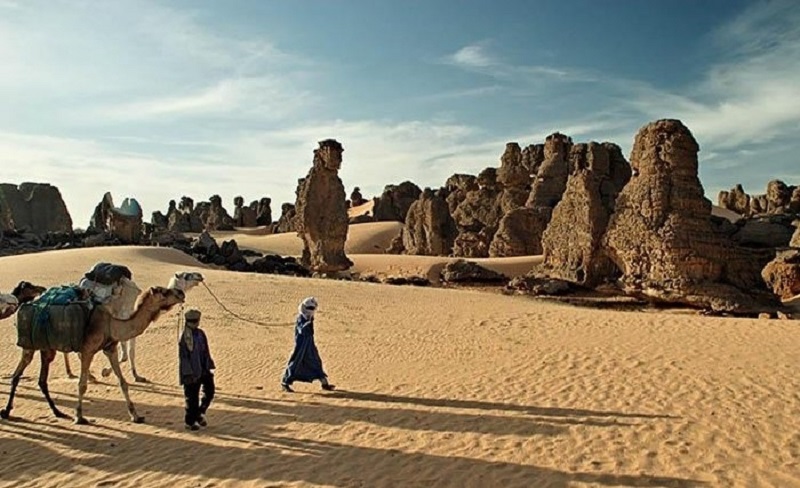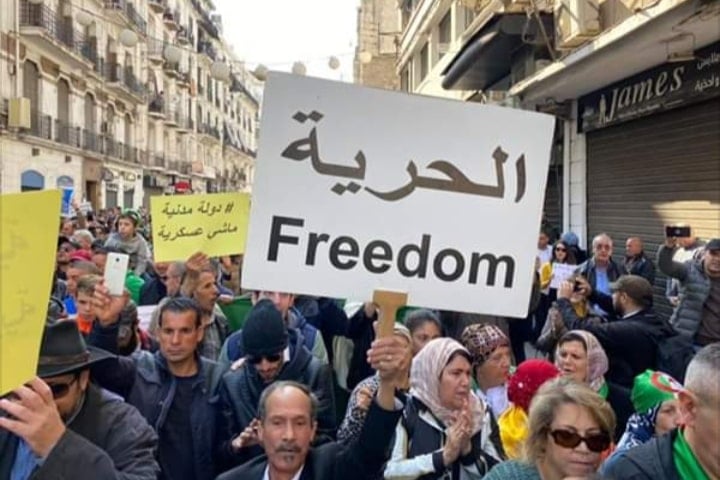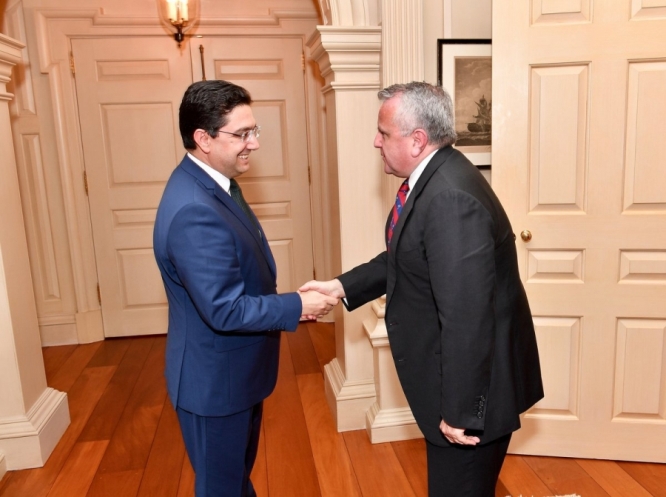The Algerian regime has announced big plans to attract 12 million tourists by 2030. Yet, on the ground, everything needs to be done from relaxing visa procedures, training skilled staff to ensuring security in a country that is notorious as one of the hardest countries to access in North Africa.
With over 1600 km of Mediterranean coastline, important cultural and historical sites, and the vast desert, Algeria is endowed with a potential that could enable it to be a leading tourist destination. Nevertheless, the country is falling short of establishing a reputation as a tourist friendly state as it continues to be perceived as lacking tourist infrastructure, coupled with serious security concerns.
While Algerian officials are on a charm offensive in western media speaking of tourism as a lever of economic diversification, on the ground most of the 3.3 million tourists are mostly Algerians living abroad.
Cited in the book le Mal Algerien- by Jean Louis Levet and Paula Tolila- the tourism sector could only attract 4000 people annually through travel agencies.
Despite its diversified landscape, monuments and vast desert, Algeria failed to attract tourists, partly because of a rigid visa policy that thwarts visitors.
Insecurity is another factor that has been discouraging tourists from visiting the country, where a constellation of terrorist groups operate in the country’s south.
The Covid-19 pandemic has decimated 50% of the country’s 4000 travel agencies, which translates into a loss of 15,000 jobs.
In the hotel sector, 50,000 jobs have been lost to the pandemic, in a country that already lacks in bed capacity.
Most of Algeria’s 115,000 beds are on the coastline, while tourism activity represents only 2% in the south, mostly by international tourists.
“We have received less than 500,000 tourists since 1970, as part of tour operating via travel agencies…this makes Algeria a semi-virgin destination compared to neighbors,” Saïd Boukhelifa, head of the travel agencies union told DZ entreprises in April 2022.
The lack of incentives for private foreign and local investors is another impediment. In a country where foreign investors are only allowed to own 49% of shares, it is hard to lure global tourism operators to the Algerian market.
Algeria’s visa regime has long been an obstacle to attracting foreigners to the country. Algiers imposes nearly visas on all foreigners. This burdensome process further undermines Algeria’s competitiveness globally.
By imposing strict visa processes, Algeria is sending the world a message that it does not want tourists. Some analysts deem that Algeria is only interested in domestic tourism since it cannot protect foreign tourists.
This raises the issue of latent terrorism. In Algeria, tourists cannot leave big cities without heavy police presence. A trip to the desert would require a special permission and escort by security forces. The Algerian breathtaking desert is awash with terrorist groups that engage in kidnapping and ransom taking.
In 2014 a French tourist, Herve Gourdel, was beheaded by a terrorist group linked to IS after being kidnapped in the mountains of Kabylie east of Algiers.
The UK travel advice for instance advises to avoid traveling to Algeria’s insecure south. The US for its part advises visitors to Algeria to be aware as “terrorist groups remain active in some parts of the country.”
The US warns its citizens visiting Algeria to “avoid travel to rural areas within 50 km (31 miles) of the border with Tunisia and within 250 km (155 miles) of the borders with Libya, Niger, Mali, and Mauritania due to terrorist and criminal activities and to avoid overland travel across the Sahara.”
While Algeria has natural and cultural assets that enable it to be a leading tourist destination, the successive governments have done little to build a strong tourism infrastructure, enhance the country’s image globally and lure investors and foreign tourists alike to the country. While security conditions have improved since 1990s, Algeria still struggles to put an end to residual terrorism, which further undermines its efforts to promote tourism.



